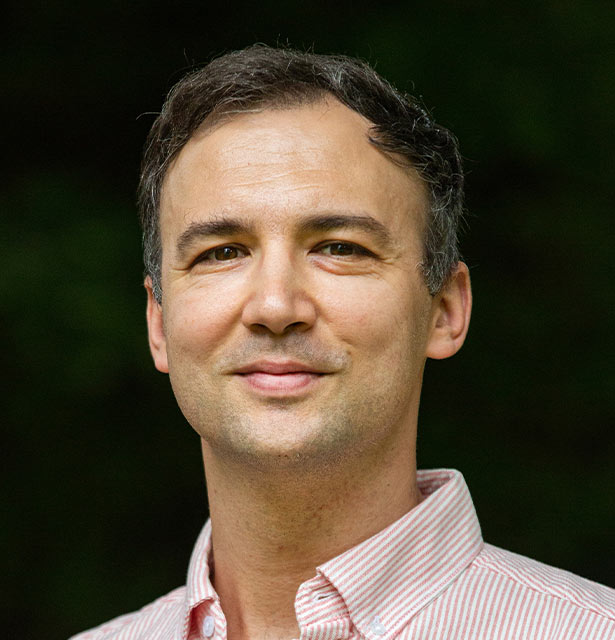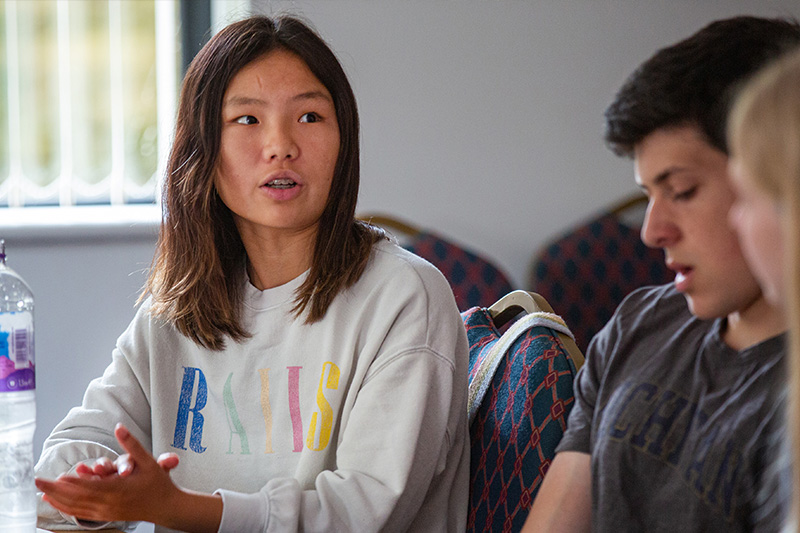- Oxford Academia at:
- 2026 Sessions:
July 17–30, 2026
July 31–August 13, 2026
- Eligibility:
- Typical Seminar Size:
The principles of psychology permeate our lives every day, often in ways we don’t realize. How do we decide what to do? How much of who you are is determined by your family, your gender identity, or your friends? Understanding human cognition, emotions, and behavior allows psychologists to better predict how we may behave in specific situations, why we think the way we do, and how emotions impact our interactions with our world. Begin by learning the basic goals of psychology, then examine theories that attempt to explain the many aspects of personality and behavior. Observe and describe human behavior, attempt to explain why specific behaviors occur, predict what may happen in the future, explore ways to control future behaviors, and work to turn negative behaviors into positive actions. While psychology is not an absolute science, there are ways to research, experiment, and categorize behaviors in order to better understand the signs and symptoms of psychological disorders, and the impacts individuals have on society. Explore concepts through the lens of behavioral, trait, and multicultural theories and relate them to your own experiences. Learn how biology and psychology intersect to create unique individuals. Through readings, discussions, films, experiments, and activities, explore the basic foundation of psychology and evaluate your own decisions from a new perspective.

FEATURED FACULTY
University of Vienna, M.Sc., Cognitive Science
University of Novi Sad, M.Sc., Economics
After earning master’s degrees in Economics (in Serbia) and Cognitive Science (in Vienna), Luka came to Oxford where he earned a doctorate in Experimental Psychology. His research focuses on the interplay between passions and reason, and he has taught innovative courses at both the university and secondary school levels—including summer programs in Oxford—since 2014.

